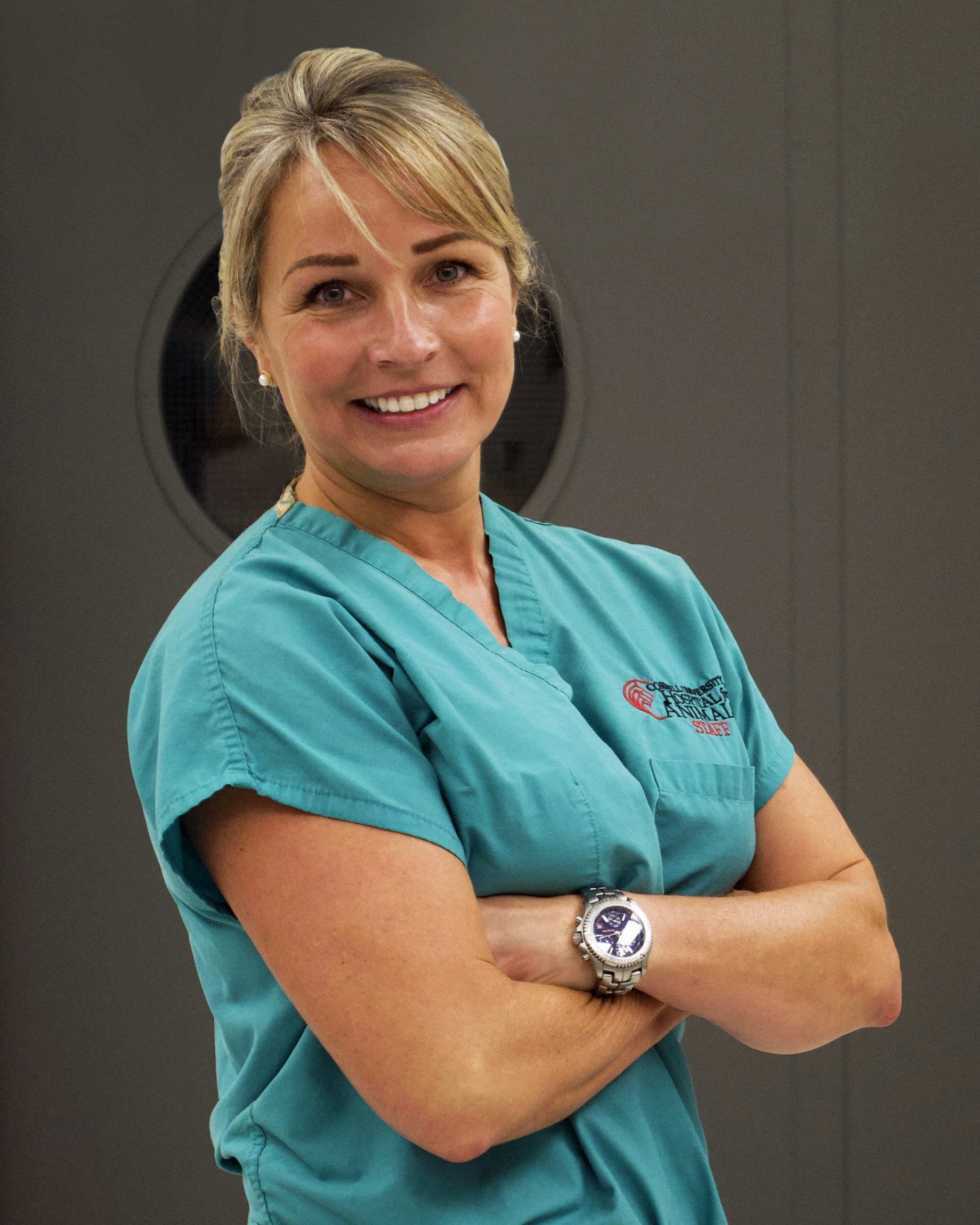
Lisa A. Fortier, DVM, PhD, DACVS
Editor in Chief, Journal of the American Veterinary Medical Association (JAVMA)
Editor in Chief, American Journal of Veterinary Research (AJVR)
American Veterinary Medical Association, Division Director of Publications
James Law Professor of Surgery, Cornell University
30 years of experience focused on improving veterinary medicine through my experiences as a clinician, author, editor, scientist and educator, and in managing personnel and programs within the veterinary field. Demonstrated commitment to the one-medicine/translational medicine through extensive work in musculoskeletal biology, regenerative medicine including MSCs, and using animal models to study human clinical conditions. I have a reputation as being transparent, tough, and fair. I have been entrusted as Chairman for some of the most sensitive committees at Cornell including Chairing the Faculty Advisory Board for 10+ years. I also presently serve on the HISA (Horseracing Integrity and Safety Act) committee. In June, 2022 I assumed the position of Editor in Chief for the AVMA’s journals. The AVMA will attain 100,000 members in 2022, and these journals are the window to the world into the AVMA, and therefore our wonderful veterinary profession. I will retain an appointment at Cornell for two years to continue performing surgery and research.
CONTRIBUTIONS TO SCIENCE
Translational approaches to musculoskeletal injury, osteoarthritis, and cartilage repair are the major areas of research in my laboratory. Bone marrow aspirate concentrate (BMAC) was developed by me in my laboratory as a patient side method for delivery of stem cells, growth factors, and a scaffold. We showed that it was superior to the gold-standard procedure of microfracture for cartilage repair in an equine model. The resultant seminal paper was published in The Journal of Bone and Joint Surgery. BMAC is approved for use across the world in human and veterinary patients
A complimentary research area is investigating the responses of articular cartilage to injury at the cellular and micromechanical level with a focus on the role of mitochondria in the acute phase of post traumatic osteoarthritis. Our team innovated and validated the only equipment that is capable of measuring strain rate to deliver controlled energy/injury to cartilage. This allows our team to fine-tune the injury to study the early events of cartilage injury in live cartilage using multiphoton microscopy. This work was recognized in 2022 by the prestigious Kappa Delta Award.
Stem cells are commonly investigated for enhancement of cartilage repair. The studies in my laboratory have challenged several paradigms including CD14- status of mesenchymal stem cells, showing that genetic background is important for the quality of iPS cells, and we were the first to demonstrate that stem cells can be antigenic in a clinically relevant, non-rodent model.
The reductionist approach to platelet rich plasma (PRP) in my laboratory directly led to the controversy concerning the importance of leukocytes in PRP, and in general, the call to better define the composition of PRP being delivered to patients. In the broad field of orthobiologics which would include BMC, stem cells and PRP, I am considered a key opinion leader in both veterinary and human medicines.


